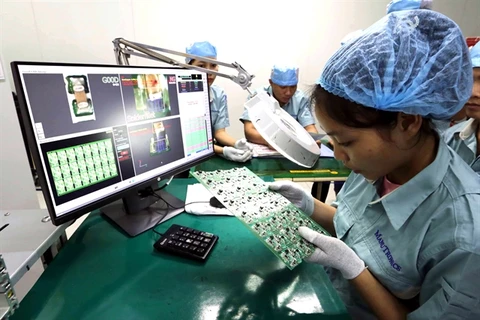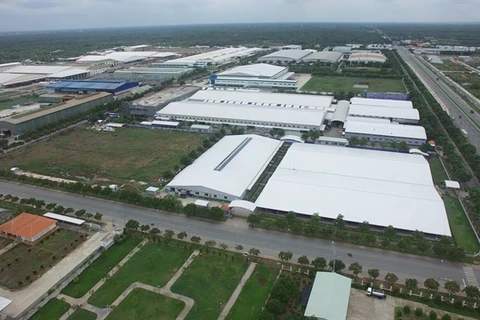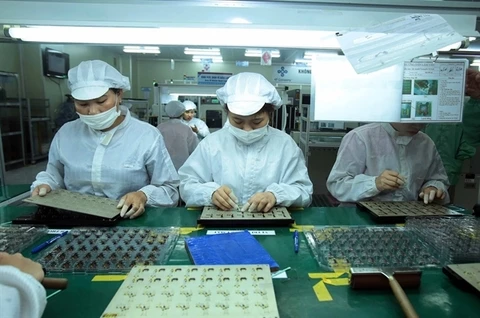With its signing marking the second year the two signatories joining a collaboration to support Vietnamese firms, the project will be implemented in 2021 and 2022.
Per the project, the sides will work to find potential suppliers, connect with businesses operating in Vietnam, share experience in supplier development, build supply chains, and improve the capabilities of domestic suppliers.
President of Toyota Motor Vietnam Ueda Hiroyuki said via such activities as searching, evaluating, and selecting potential suppliers and helping them improve their capacity and competitiveness, Toyota Vietnam hopes to contribute to building a system of suppliers serving the development of Vietnam's auto supporting industry.
For Toyota Vietnam, the promotion of localisation is not only to increase the number of Vietnamese suppliers, but also, more importantly, to improve their capacity and quality, hence reducing production costs and raising competitiveness, he added.
Currently, the company has 46 suppliers, including six from Vietnam, with its total number of localised products exceeding 720.
Prime Minister Nguyen Xuan Phuc signed Resolution No.115 last year on measures to further propel supporting industries, setting out development goals for the next decade.
Vietnamese enterprises are to be able to produce highly-competitive support products, meeting 45 percent of essential needs for domestic production and consumption and accounting for about 11 percent of industrial production value by 2025.
About 1,000 enterprises are to be capable of direct supply to assembly enterprises and multinational corporations, with domestic enterprises to account for about 30 percent by 2025.
By 2030, support products will meet 70 percent of demand and account for about 14 percent of industrial production value. Some 2,000 companies are to be capable of supplying directly to assemblers and multinational corporations by 2030.
Vietnamese businesses operating in supporting industries have been developing in both quantity and quality in recent years, with improved production capacity and increasing engagement in global production chains.
In a recent report submitted to the National Assembly Standing Committee and legislators, the Government cited statistics showing that companies in supporting industries account for nearly 4.5 percent of all manufacturing and processing businesses and have created more than 600,000 jobs, equivalent to 8 percent of the workforce in the manufacturing and processing sector. Their net revenue now tops 900 trillion VND (38.9 billion USD), or about 11 percent of the sector’s total.
Some Vietnamese enterprises boast relatively good capacity in producing moulds, bicycle and motorbike components, electrical cables, plastic and rubber components, and tyres, meeting domestic demand and the requirements of foreign importers.
The report noted that supporting industries play a decisive role in restructuring the economy, improving workplace productivity and skills, and promoting the competitiveness and quality of Vietnamese goods and the economy./.


























